NEW DELHI: The Union ministry of science and technology unveiled its draft policy on Wednesday, with a focus on inclusiveness, transparency and greater collaboration. The draft policy will now be up for discussion till January 25.
The last Science, Technology and Innovation Policy (STIP) had been drafted in 2013. This one, STIP 2020, was finalised after 300 consultations with 43,000 stakeholders over six months, whittled down from nearly one lakh ideas.
The new policy proposes to make 25% lateral recruitment — professionals, experts — mandatory in all scientific ministries. “We mean environment, earth sciences, forests, biotechnology, atomic energy ministries and so on,” DST secretary prof Ashutosh Sharma said. “We need scientific brains to take ahead the policies formed by the government. The need of the hour is to have such lateral entries.”
How public-funded research and development projects are moving ahead will now be updated online on the Indian Science and Technology archive of research site. The funding space will be expanded, allowing foreign MNCs in. “These will be partnerships and collaborations with domestic private and public sector entities to work on projects aligned to national needs and priorities,” policy head Dr Akhilesh Gupta said. “Each department and ministry in the central and state governments will earmark a budget for this.”
These collaborations will also engage the diaspora. “Fellowships, internships and research opportunities in India will be expanded and widely promoted across different ministries to attract the diaspora … An engagement portal will be created for this,” Gupta said. The site will be called Pravasi Bharatiya Academic and Scientific Sampark.
A highlight of the policy is the ‘One Nation, One Subscription’ plan — a centrally negotiated payment system for access to journal articles by scholars across India. The country spends an average Rs 1,700 crore a year on journal subscriptions.
Finally, the policy places great emphasis on inclusiveness. Age cutoffs, for instance, will no longer be consider biological age but “academic age”, or experience. “Dual recruitment policy will be encouraged in governing bodies, so that couples do not have face the challenge of choosing between a spouse’s career and their lives,” the policy said. This will cover partners of scientists from the LGBTQIA community.
“Provisions will be in place to protect their rights, and promote representation and retention. We want to institutionalise equity of treatment. An India-centric equity and inclusion charter is being developed to address discrimination in the sector based on gender, caste, geography, language, disability and other exclusions and inequalities,” Sharma said.






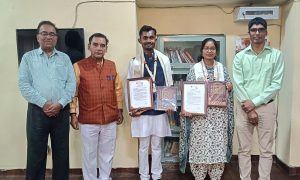



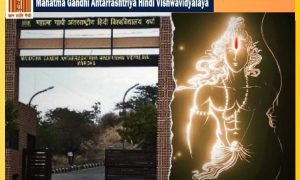

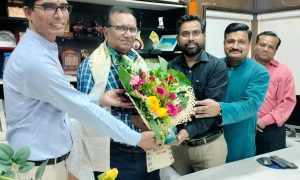



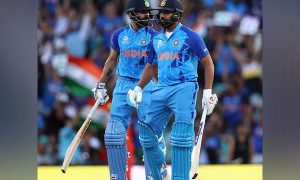



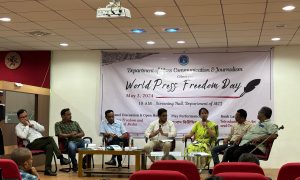

 WhatsApp us
WhatsApp us
Pingback: http://www.milkmanbook.com/traffic0/out.php?s=&u=https://s55-world.net
Pingback: เช่าคอนโด